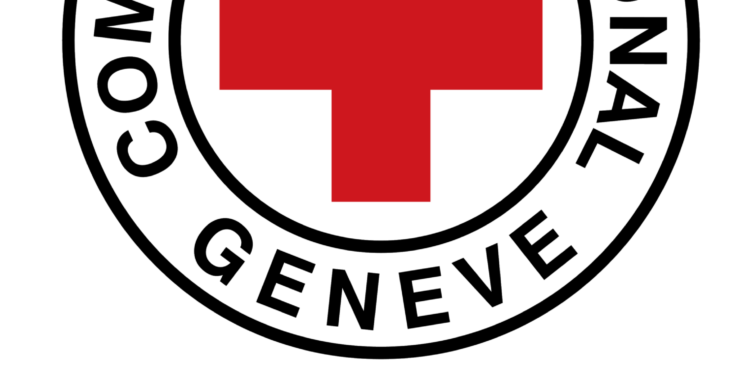By Ebi Kesiena
The International Committee of the Red Cross (ICRC) has raised alarm over escalating hunger in Nigeria’s northeast region, warning that at least 3.7 million people in the region are currently grappling with acute food insecurity. The humanitarian organisation made this known in a statement issued to journalists in Maiduguri on Monday.
According to the ICRC, the prolonged conflict in the region has severely crippled farming activities, displaced thousands of families, and eroded access to basic resources, leaving many communities on the brink of starvation.
“Right now, we face severe food shortages,” said Modu Umar, a community leader in Dikwa. “Some families walk for hours just to gather firewood to exchange for food. Farming is the only hope we have.”
In communities such as Gajibo, worsening insecurity has forced farmers to travel up to three hours on foot to reach their farmland, an ordeal that drains their energy and limits productivity. “Even when you’re afraid, you have to go. If you miss the rainy season, your family won’t eat,” said Bintu Konto, a mother of five.
With the lean season underway, when food stocks are low and prices soar, many households are resorting to skipping meals. “Families are now forced to drastically limit food intake,” said Diana Japaridze, head of the ICRC office in Maiduguri. “Many simply can’t afford what little food is available.”
The Red Cross further warned that the hunger crisis is leading to increased malnutrition, particularly among children under five and pregnant or breastfeeding mothers. In response, the ICRC is supporting malnutrition stabilisation centres and running community education programmes on child nutrition and care.
To address both immediate and long-term food challenges, the ICRC has scaled up its agricultural assistance, reaching more than 21,000 farming households with seeds, tools, and training tailored to local needs. The intervention includes support for rice, maize, tomato, and okra cultivation—boosting food availability and dietary diversity.
A recent water rehabilitation project for the National Agricultural Seed Council (NASC) has also been completed to enhance seed production and build sector resilience.
“For a large family like mine, sometimes we don’t even get one meal a day,” said farmer Churi Ibrahim, echoing the desperation felt by many across the region.
The ICRC stressed that continued national and international support is crucial as affected communities work to rebuild their lives amid persistent insecurity.



































